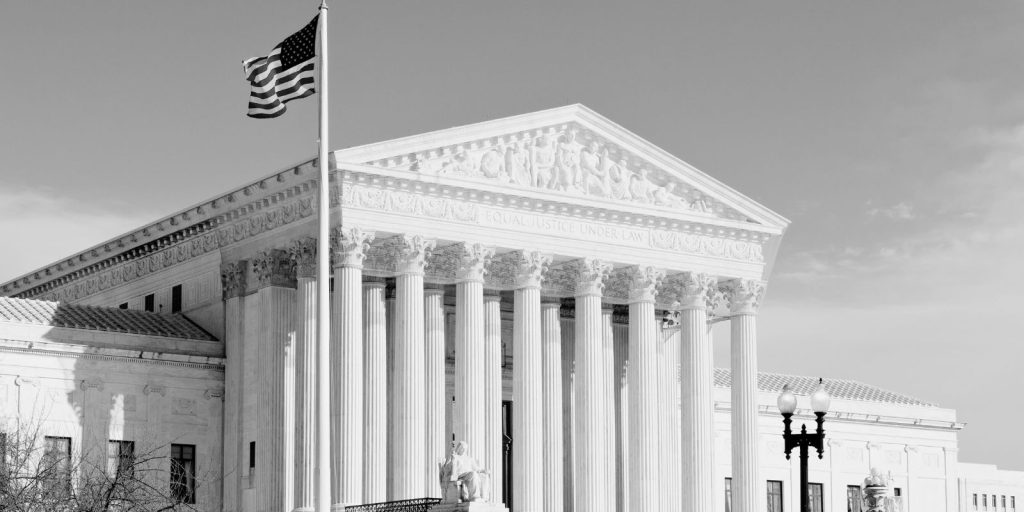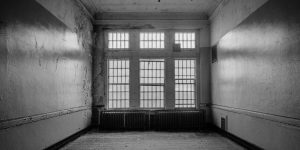
What Happened On June 21st?
On June 21, 1982, a courtroom drama left a lasting impact on the nation’s legal and mental health systems. A jury found John Hinckley Jr., the man who had tried to assassinate President Ronald Reagan, not guilty by reason of insanity.
The Attempted Assassination
On March 30, 1981, John Hinckley Jr. sought to gain the attention of actress Jodie Foster, with whom he was obsessed. Hinckley believed that by assassinating President Reagan, he could win her affection. As Reagan exited the Washington Hilton Hotel after giving a speech, Hinckley fired six shots from a .22 caliber revolver. One bullet ricocheted off the presidential limousine and struck Reagan in the chest, narrowly missing his heart. The attack also wounded Press Secretary James Brady, Secret Service agent Timothy McCarthy, and police officer Thomas Delahanty.
Reagan’s security team rushed him to George Washington University Hospital, where he underwent emergency surgery. Despite the severity of his injuries, Reagan recovered and returned to his duties within a few weeks.

The Man Behind The Gun
John Hinckley Jr. was born on May 29, 1955, in Ardmore, Oklahoma, into a well-off family. Despite his privileged upbringing, Hinckley struggled with mental health issues from an early age. He dropped out of college and became increasingly isolated, fixating on Jodie Foster after watching the film “Taxi Driver.” His obsession with Foster led him to stalk her and ultimately plan the assassination attempt.
Hinckley’s actions were driven by delusions and a desperate need for recognition. His lawyers argued that he had suffered from acute psychosis at the time of the attack and that his mental illness had prevented him from understanding the nature of his actions.
The Trial Itself
Hinckley’s trial began in May 1982 and quickly became a national spectacle. The defense team, led by attorney Vincent Fuller, argued that Hinckley had been insane at the time of the shooting. They presented extensive psychiatric evidence to support their claim, including testimony from doctors who diagnosed Hinckley with severe personality disorders and schizophrenia.
The prosecution, led by Assistant U.S. Attorney Roger Adelman, countered that Hinckley had been fully aware of his actions and had planned the assassination meticulously. They argued that Hinckley’s obsession with Foster and his desire for fame had driven him to commit the crime.
One of the trial’s most dramatic moments came when the jury heard the recording of Hinckley’s phone call to Jodie Foster, where he declared, “Jodie, I’m asking you to please look into your heart and at least give me the chance with this historical deed to gain your respect and love.” His diary entries, detailing his plans and obsession, provided a chilling insight into his state of mind.
The Verdict
On June 21, 1982, the jury delivered its verdict: John Hinckley Jr. was found not guilty by reason of insanity. The decision stunned the nation. Many Americans could not comprehend how a man who had attempted to kill the President could avoid a prison sentence.
The jury’s verdict was based on the evidence presented by the defense, which showed that Hinckley had suffered from severe mental illness. Jurors were convinced that Hinckley’s delusions had driven him to commit the act and that he could not be held criminally responsible under the law.
Public Reaction & Legal Repercussions
In response to the verdict, Congress and several states reformed the insanity defense. The Insanity Defense Reform Act of 1984 made it more difficult for defendants to claim insanity by shifting the burden of proof onto the defense. The law required defendants to demonstrate by clear and convincing evidence that they were unable to appreciate the nature and quality of their actions.
Following the trial, authorities sent John Hinckley Jr. to St. Elizabeths Hospital, a psychiatric facility in Washington, D.C. Over the years, he underwent extensive treatment and evaluations to determine whether he posed a threat to himself or others. He was diagnosed with narcissistic personality disorder and depression.

Hinckley’s case continued to make headlines as he sought increased freedoms through the court system. In 2016, after more than three decades of confinement, a federal judge ruled that Hinckley no longer posed a danger and allowed him to live with his mother in Williamsburg, Virginia, under strict conditions.
Hinckley’s mother, Jo Ann Hinckley, commented on her son’s release: “We are grateful for this decision and hope John can continue his treatment and live a peaceful life. Our family has been through so much, and we appreciate the understanding shown by the court.”
The Other Victims
The attempt on Reagan’s life had lasting effects, particularly on James Brady, who was left permanently disabled. Brady became a prominent advocate for gun control, and his efforts led to the passage of the Brady Handgun Violence Prevention Act in 1993. The law mandated federal background checks on firearm purchasers and imposed a five-day waiting period for purchases.
James Brady’s wife, Sarah Brady, continued his work after his death, becoming a leading figure in the fight for stricter gun control laws. She often spoke about the need for comprehensive background checks and the impact of gun violence on families. “Jim’s courage and determination inspired me to keep fighting for safer gun laws,” Sarah Brady once said. Their efforts highlighted the ongoing struggle to balance Second Amendment rights with the need for public safety.

